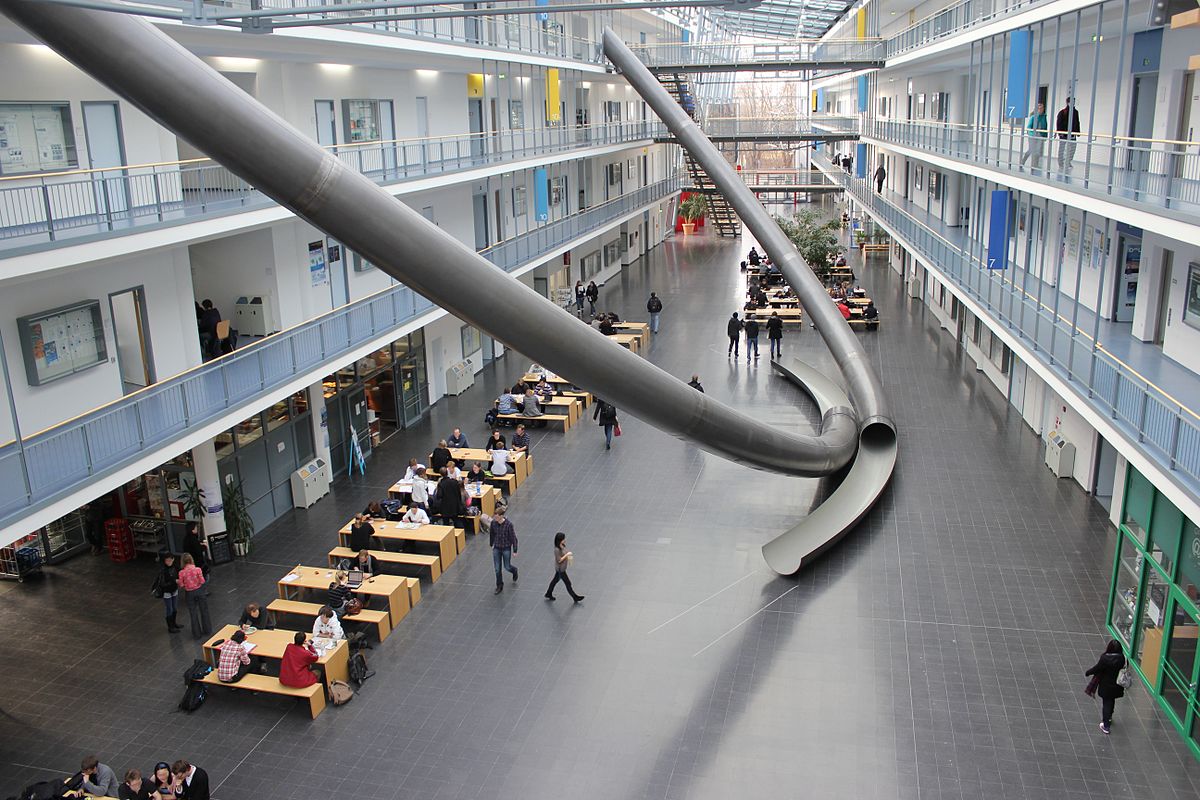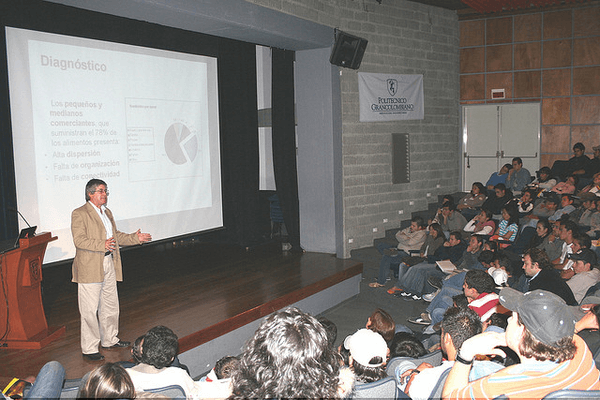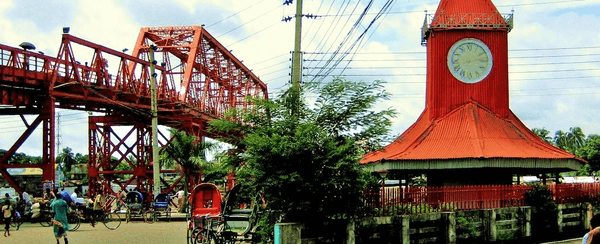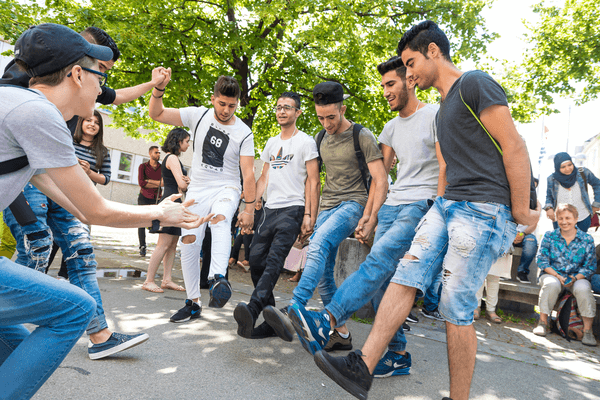
City
Munich
Main actors
City Government, Regional Government, other
Project area
Whole City/Administrative Region
Duration
Ongoing since 2005
With support from local government, Guide provides a specialised service to a growing population of female entrepreneurs in the city of Munich.
Launched in 2005 by GründerRegio M, a non-profit organisation that promotes entrepreneurship in Munich and the surrounding region, Guide provides training, advice, counselling and networking opportunities to female entrepreneurs. It supports women in planning and establishing their own service sector business, women who are returning to the labour market after raising a family and women who may encounter problems finding employment. Women can access consulting services and explore if entrepreneurship is the right option for them. Guide’s services are tailored to the client’s specific needs and unique personal situation such as their employment history, health issues, family commitments and their individual aims and interests. Guide regularly organises seminars, workshops and networking events where women can share their knowledge, experience and expertise.
This case study was adapted from an article on Apolitical, the global network for public servants, found here: https://apolitical.co/solution_article/munich-teaches-women-how-to-run-a-startup-while-having-a-family/
External links / documents
On Map
The Map will be displayed after accepting cookie policy



